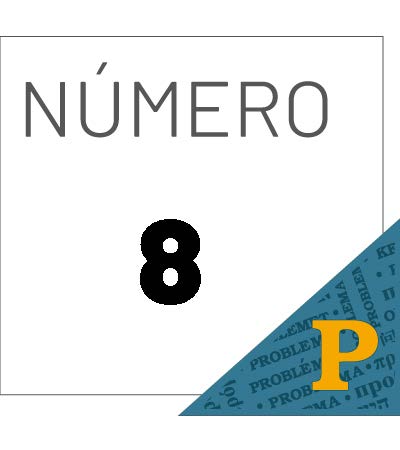A Side Effect of Dworkin's Theory: The Improvement of Positivism
It is not controversial to claim that Dworkin has founded a legal tradition that challenges mainstream positivism. Based upon renewed premises, his aim is to articulate a legal philosophy different from prior Natural Law Theory that shows a conceptual link between law and moral reasoning. The purpose of this paper is to redirect Dworkin’s theory to an unlikely wanted spot for him: the renewal of positivism with its main goal to separate both realms (law and morality). The strategy is to make a chirurgical intervention: to transplant concepts from Dworkin’s work to positivism, and try to get a compatibility relationship. There is a broad disagreement among legal positivists about this possibility, and there is at least one branch not interested in confronting Dworkin’s theory; thus, this article endorses the kind of positivism that could benefit from this operation, a non-casual positivism linked to an ideal of the rule of law. The goal of this paper is to test this complicated transplantation.
Resumen:
Sin lugar a dudas se puede considerar a Dworkin como el fundador de una tradición jurídica contraria a la corriente del positivismo jurídico. Con apoyo de premisas novedosas, diferentes a las del iusnaturalismo anterior, su propósito es articular una filosofía jurídica que haga patente el vínculo conceptual entre el derecho y el razonamiento moral. El propósito de este artículo es conducir la teoría dworkiniana hacia un destino difícilmente imaginado por el propio Dworkin: la renovación del positivismo jurídico y de su principal objetivo de separar el derecho y la moral. La estrategia consiste en realizar una operación quirúrgica, esto es, implantar conceptos dworkinianos en el positivismo jurídico, e intentar alcanzar cierta compatibilidad entre ambas teorías. Al interior del positivismo jurídico hay una amplio desacuerdo sobre esta empresa; y hay cuando menos un sector no interesado en realizar tal acercamiento. Sin embargo, este artículo se inscribe en el tipo de positivismo jurídico que cree poder beneficiarse de esta operación, un positivismo no casual, el cual se vincula con un ideal de “estado de derecho”. Así, el objetivo de este artículo es poner a prueba el éxito de este complicado trasplante.
Article Details
Use of Creative Commons (CC) licences
All texts published by Problema. Anuario de Filosofía y Teoría del Derecho, without exception, are distributed under the CC-BY-NC-ND 4.0 International licence, which allows third parties to use what is published, as long as they mention the authorship of the work and the first publication in this Anuario.
Accessibility to articles and other publications in whole or in part under the concept of copying, distribution, public communication, interactive access (via the Internet or other means), while explicitly acknowledging the author(s) and the journal itself (acknowledgement of authorship).
Please note that if articles are remixed, modified or fragments are used in other creations, the modified material may not be distributed, nor may versions be reconstructed from the original published articles (derivative works).
The use of the contents of the published articles, in whole or in part, for profit-making purposes (non-commercial acknowledgement) is prohibited.


























